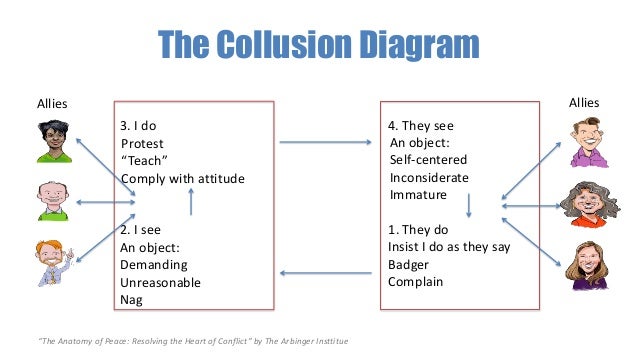Systems Thinking, Collusion, and Conway's Law
I recently read chapter 3 of The Fifth Discipline, by Peter Senge.
It talks about "systems thinking", which is really about how oftentimes, we can't see the effects of our own choices: we're separated from the consequences of our actions by space or time.
As an example, Senge explains the "beer game", where participants act as a store owner, a beer wholesaler, or a brewer, and see the effects of their choices on one another and the system as a whole.
When each participant focuses only on their own piece of the system (the store, the warehouse, the brewery), they make choices that disturb the whole system, leading to at first, a huge waitlist for beer, and later an even bigger glut of inventory.
The Arbinger Institute describes situations like this as collusion: where each participant blames others for the situation while continuing to act in ways that provoke the others' actions.
The same rules apply: nobody can tell that their actions are causing the problems they're complaining about.
How do we resolve these kinds of problems?
1. Eliminate blame
2. Take accountability
3. Start talking to people
This "talking to people" -- communication -- is at the heart of Conway's law, which states that the communication patterns between people determine the structure of the software they build. I've seen too often problems created because people are too focused on their own areas of software to see the effects of their choices.
All of these problems are "structural", in that they involve the interplay of the choices of multiple people. This term can lead us to believe that we are powerless to change the system (as Senge mentions), when in reality the problems are the "sums of men's individual wills", quoting Tolstoy (Senge, p. 43). In other words, it's our own choices, combined with those of others, that result in conflicts and destructive situations.
So how do we change this?
Using agency - the power to act, and not be acted upon.
Senge calls it "redefining your scope of influence" (p. 46).
Senge mentions that we feel "compelled to act in certain ways" by the structure of the system (p. 44). Arbinger mentions the same thing in their book The Anatomy of Peace -- we feel compelled to act in certain ways that are destructive to our relationships.
So it's having the discipline to resist those natural urges, slow down, see beyond, and find out how our own actions are affecting others.
I've seen it in my own relationships: perhaps my wife is upset, and I don't know why, until I reflect on a series of actions on my part that may have occurred days before -- actions that were selfish, where I ignored my effect on her.
I've seen it at work: I get so focused on my tasks, that I ignore the plans and code of others. When I finally resurface, I'm surprised at the decisions that were made, all because I was too focused on my own immediate scope of influence. Or I change code in a way that causes problems for others.
Today, I will think about how my choices might affect others, including my wife, kids, coworkers and neighbors. I will try to apply Systems Thinking. I will refuse to blame others for situations and work to make them better.


Comments